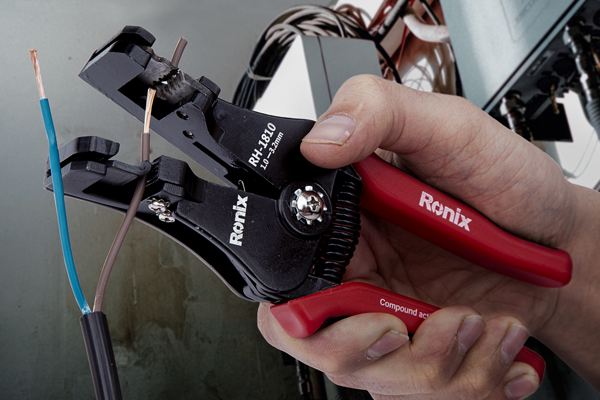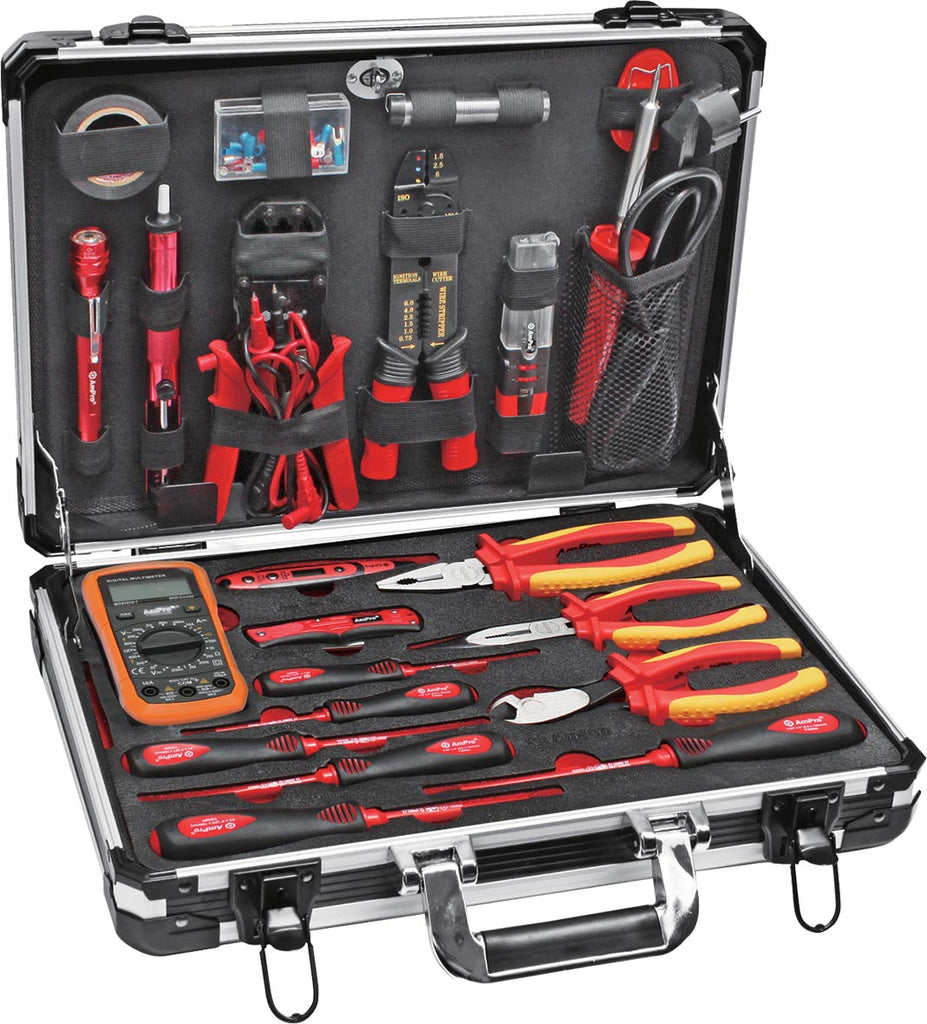The essential guide to swa cable and its practical uses in electrical systems
Discovering the Numerous Kinds Of Armoured Cable and Their Applications
Armoured cable televisions are essential parts across numerous industries, providing protection and integrity. Various kinds, including Steel Cord Armoured (SWA) and Aluminium armoured cables, accommodate details demands based on atmosphere and application. Insulation materials like PVC and XLPE further enhance their performance. Comprehending these differences is crucial for choosing the ideal cable television. The effects of these options can greatly affect operational performance and safety in diverse sectors. What elements should one consider when making such choices?
Introduction of Armoured Wire Types

For example, the PVC armoured cable is commonly used in exterior atmospheres because of its resistance to dampness and chemicals. The XLPE armoured cable, with cross-linked polyethylene insulation, is recognized for its high thermal security and electrical performance, making it appropriate for commercial settings. One more type is the AWA (Aluminum Cord Armoured) cord, frequently made use of in below ground installments where lightweight properties are useful. Recognizing the numerous armoured cord kinds allows experts to select one of the most suitable alternative for their details requirements, ensuring security and reliability in electrical systems.
Steel Cable Armoured (SWA) Cable
Steel Cable Armoured (SWA) cable is a robust solution created to endure rough environmental conditions and mechanical tension. This kind of cable television includes a layer of steel wire that provides substantial protection against influence, moisture, and chemical direct exposure, making it optimal for industrial and outdoor applications - armoured cable. The building commonly consists of a copper or aluminium conductor, protected with PVC or XLPE, and surrounded by a steel wire armour layer
SWA cable televisions are widely utilized in power circulation networks, where their durability guarantees trusted solution in challenging setups. They are typically utilized in below ground setups, construction websites, and locations where cords may be subjected to physical damages. Furthermore, SWA cords support both low and high voltage applications, enhancing their convenience. Their ability to stand up to deterioration and mechanical wear makes them a preferred option for several designers and contractors when selecting cable television options for demanding atmospheres.
Aluminium Armoured Cable Television
Aluminium armoured cord uses a lightweight yet resilient option to conventional steel wire armoured wires, making it suitable for different applications. This sort of cable television is commonly used in commercial and commercial setups, where flexibility and simplicity of installment are paramount. Its lower weight helps with handling, minimizing the labor prices linked with setup.
Aluminium armoured cords are particularly valuable in settings that call for defense versus mechanical damage, moisture, and chemical exposure. They are commonly employed in power distribution, below ground installations, and exterior applications, showcasing their adaptability. In addition, the rust resistance of aluminium boosts the durability of the cable television in severe conditions.
Making use of aluminium additionally adds to cost-effectiveness, as it is normally less costly than steel. swa cable. On the whole, aluminium armoured wire represents a functional choice for demanding electrical systems, incorporating efficiency, protection, and economic advantages
PVC vs. XLPE Insulated Armoured Cables
When contrasting protected armoured cable televisions, PVC (Polyvinyl Chloride) and XLPE (Cross-Linked Polyethylene) stick out as 2 favored materials, each offering distinctive benefits for details applications. PVC is known for its excellent mechanical buildings and cost-effectiveness, making it a preferred selection for general-purpose circuitry. It offers good insulation and resistance to chemicals, though it might have limitations in temperature resistance and versatility. On the other hand, XLPE boasts exceptional thermal resistance and is suitable for higher temperature level atmospheres, making it optimal for applications requiring high efficiency and sturdiness. XLPE insulation likewise improves electric homes, supplying reduced dielectric loss and improved energy efficiency. While PVC wires are often used in household and business setups, XLPE cables are favored in industrial and energy setups where effectiveness and dependability are critical. Ultimately, the choice in between PVC and XLPE depends on the details needs of the installment atmosphere and the desired efficiency qualities.
Applications of Armoured Cables in Numerous Industries
Armoured cable televisions, with their durable construction and protective features, locate considerable use throughout index numerous sectors. In the building industry, they provide dependable electrical links in severe settings, ensuring safety and security and longevity. The telecommunications industry uses armoured cords to protect information transmission lines from physical damages, especially in outside setups. In mining and quarrying, these cable televisions are essential for powering hefty machinery and devices, where exposure to harsh conditions prevails. hop over to these guys Furthermore, the oil and gas sector uses armoured cords to keep operational honesty in challenging environments, including offshore systems. The renewable resource market also benefits, as these cable televisions are significant for wind and solar ranches, attaching various parts while standing up to environmental stress factors. Overall, armoured cable televisions are crucial for making certain continuous solution, protecting infrastructure, and improving functional effectiveness throughout varied applications.

Often Asked Questions
How Do I Pick the Right Armoured Cable Television for My Project?
Picking the best armoured cable entails evaluating project requirements, including ecological conditions, electric tons requirements, and installment place. Consulting sector standards and seeking professional guidance can additionally ensure suitable selection for safety and security and effectiveness.
Can Armoured Cables Be Made Use Of Outdoors and Underground?
Armoured cords can indeed be used outdoors and underground. Their durable building shields against ecological aspects, moisture, and physical damages, making them ideal for different installments, including those exposed to extreme climate condition or below ground atmospheres.
What Is the Life Expectancy of Armoured Cables?
Armoured wires usually have a life-span of 25 to 30 years, relying on ecological conditions and setup methods. Correct maintenance and defense from severe conditions can further boost their resilience and long life.

Are Armoured Cables Resistant to Chemical Direct Exposure?
Armoured cable televisions exhibit differing degrees of resistance to chemical direct exposure, relying on their insulation materials. Usually, specific types endure chemicals better than others, making it vital to choose appropriate wires for certain atmospheres and applications.
Just How Do Armoured Cords Handle Temperature Level Fluctuations?
Armoured cable televisions are look at more info designed to endure temperature level fluctuations properly. Their durable building allows them to maintain efficiency and insulation integrity across differing temperatures, making them ideal for diverse atmospheres and reducing the risk of damages.
Different types, consisting of Steel Wire Armoured (SWA) and Aluminium armoured cable televisions, provide to particular demands based on environment and application. Armoured cable televisions are essential parts in different electric installments, providing improved security versus mechanical damage and environmental aspects. Aluminium armoured wire offers a light-weight yet resilient option to typical steel wire armoured wires, making it appropriate for numerous applications. When contrasting insulated armoured cords, PVC (Polyvinyl Chloride) and XLPE (Cross-Linked Polyethylene) stand out as 2 extensively previously owned materials, each offering distinct advantages for particular applications. While PVC cords are often used in commercial and residential installations, XLPE cords are preferred in commercial and energy settings where robustness and reliability are extremely important.